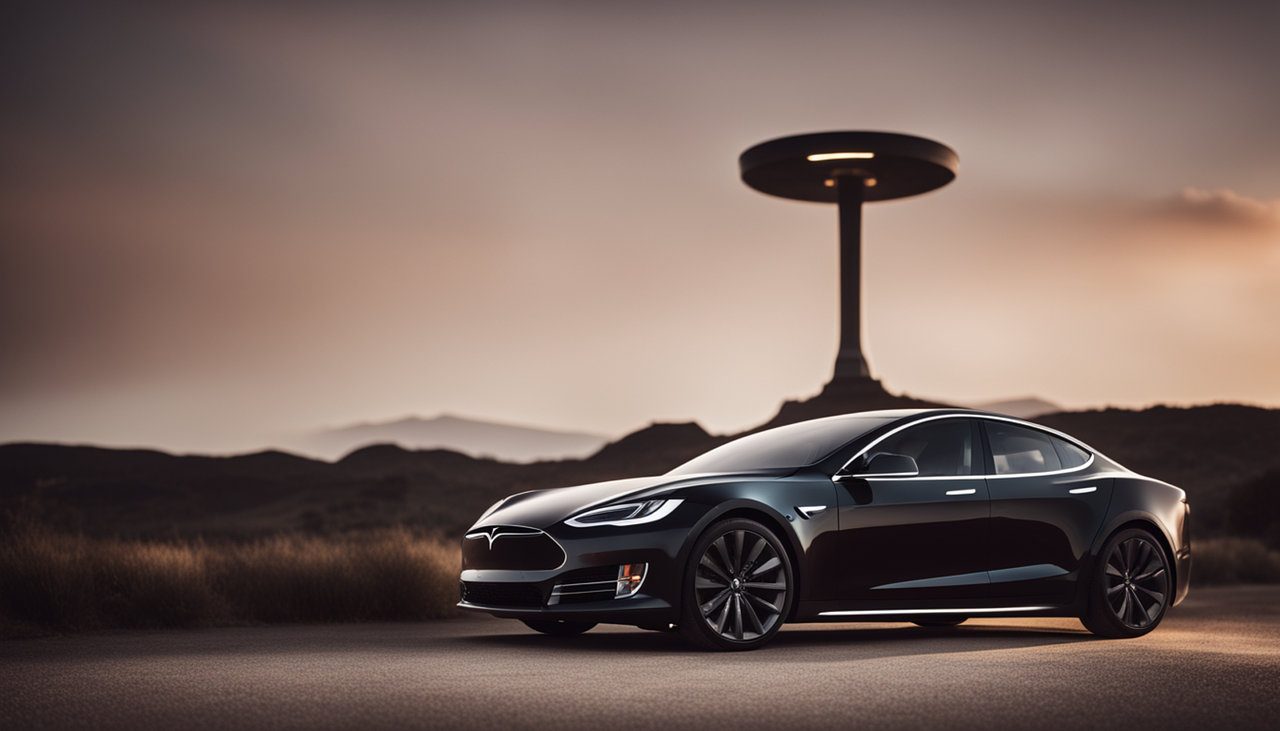
A new wave of federal and provincial incentives is transforming the Canadian auto landscape, pushing electric vehicle (EV) adoption to record levels and redefining the country’s transportation future.
According to data from Transport Canada, EV registrations soared by over 62% in the first quarter of 2025 compared to the same period in 2024. Ontario, Quebec, and British Columbia led the charge, with significant uptake also noted in Alberta and Nova Scotia.
The national goal of having 100% zero-emission vehicle sales by 2035 suddenly seems more achievable, say industry insiders.
The most immediate factor is the rollout of new incentives under the updated iZEV 2.0 federal program, which offers rebates of up to $10,000 for eligible EV purchases. Several provinces, including Quebec and British Columbia, stack on additional rebates, making some electric models cheaper than their gas-powered equivalents.
“The total rebate in Quebec can now reach $14,000,” said EV analyst Patrick Gagnon. “That’s a game-changer for middle-income families.”
“What we’re witnessing is not just market evolution — it’s a transportation revolution,” says Energy Minister Danielle Leblanc.
The growth in vehicle sales has been matched by a federal push to expand charging infrastructure. Over 5,000 new public charging stations are expected to be operational by the end of 2025 under the Zero Emission Vehicle Infrastructure Program (ZEVIP).
Urban hubs like Toronto and Vancouver have seen charging access improve dramatically, while rural communities are beginning to benefit from targeted infrastructure grants.
Join thousands of readers across Australia who trust us for reliable, ad-free news. Sign up now and never miss a story that matters.
Subscribe NowDespite rapid growth, Canada’s EV transition is not without challenges. Supply chain disruptions, charging wait times, and limited access in northern territories still affect adoption rates.
“We're seeing longer delivery timelines for some models, particularly in the SUV and pickup segment,” notes dealer representative Karen Liu from Calgary.
Experts predict EV sales in Canada could reach one million units annually by 2028 if current trends continue. Automakers are ramping up local production, and battery facilities in Ontario and Quebec are set to come online within the next two years.
Meanwhile, the federal government is considering even stricter emissions standards for 2030, which could further tip the scale in favour of electrification.
With political will, consumer appetite, and industry readiness aligning, Canada’s EV future is no longer a question of “if” — but “how fast.”